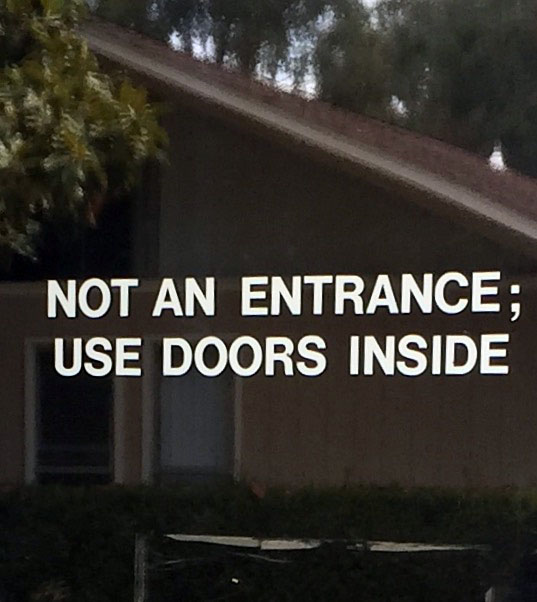Same Words; Different Meaning (lessons from a teenager)
In a previous blog, I talked about why words matter and how the word “should” often expresses the expectations of the speaker. The word automatically limits the acceptable responses from the listener. As I continue to coach new clients and grow my practice one thing has become crystal clear: Words matter. If you don’t believe me, try talking to a teenager about which words are and are not acceptable.
The Conversation
In a recent conversation with my niece, she mentioned that it annoyed her when her grandmother (and other older adults) answered texts with the simple letter “K” instead of “OK”. To her, it means the sender is angry. So, I listened as she explained that what seemed like a perfectly acceptable, innocuous word to one person could create conflict for another. After all, the word wasn’t steeped in any of the discriminatory overtones that often offend people. Heck, it wasn’t even a word – it was just a letter. At first this seemed a little absurd to me until I realized that it was a great lesson in communication. I may not have agreed with – or even understood why- “K” had a negative connotation but I did understand that using it in the future would throw up a roadblock on future conversations with my niece.
That conversation was a crystal clear reminder that ors words can sometimes be interpreted differently than we intend. If we want to communicate effectively we have to be aware of the other person’s perspective. We must make an effort to truly understand our listeners. One way to do this is to change the focal point of the conversation. Instead of concentrating on what we want to say, take a moment to think about what we want our listener to hear. That way, “I think we should…” turns into “Would you like…”. The former is an expectation; the latter is an invitation. Which one would you like to hear?
Thanks for the reminder Hailey that “K” is not always “OK
Want to improve your communication skills? Check out our services here.
